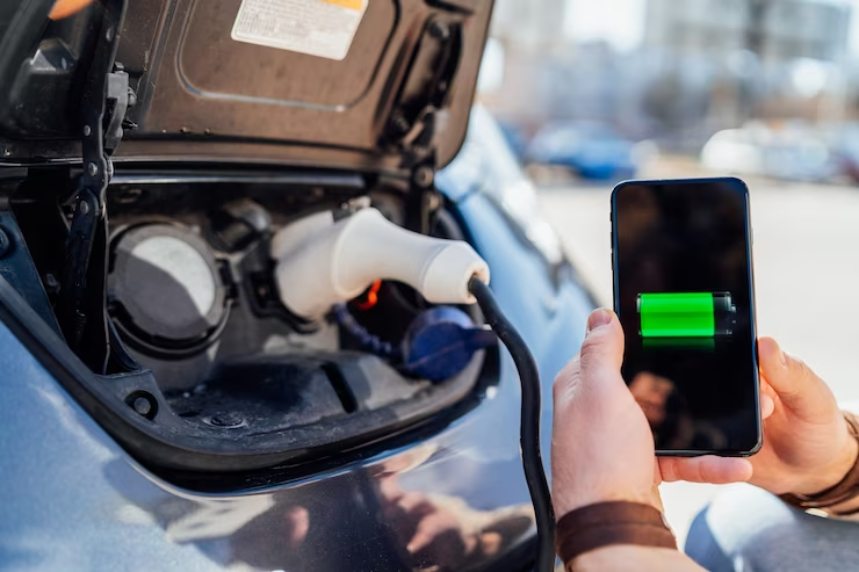The electric vehicle (EV) revolution is picking up speed, and with it, a common question lingers: Do EVs even have engines? While the answer might seem intuitive to some, the distinction between traditional “engines” and the power source in EVs sparks confusion for others. Let’s delve into the heart of the matter and explore the unique technology powering these innovative vehicles.
The Engine Misconception:
Traditional gasoline-powered cars rely on internal combustion engines. These engines burn fuel, creating an explosion that pushes pistons and generates power. This complex mechanism, with its numerous moving parts and intricate fuel delivery system, is what most people associate with the term “engine.”
EVs: A Different Breed of Power:
However, EVs operate on a fundamentally different principle. They ditch the internal combustion altogether, opting for a much simpler and cleaner approach: electric motors. These motors convert electrical energy stored in batteries into mechanical energy, ultimately powering the wheels.
The Powerhouse of an EV:
So, if not an engine, what drives an EV? Here’s a breakdown of the key components:
- Battery: This is the heart of the EV, storing the electrical energy that fuels the motor. Battery technology is constantly evolving, offering increased capacity and faster charging times.
- Electric Motor: This efficient machine converts the stored electrical energy into rotational force, propelling the vehicle forward. Unlike its gasoline counterpart, the electric motor has fewer moving parts, resulting in smoother operation and less maintenance.
- Transmission: While some EVs use a single-speed transmission for simplicity, others employ multi-speed gearboxes for improved efficiency at different speeds.
- Drive System: This system connects the motor and transmission to the wheels, transferring the generated power to propel the vehicle.
Beyond the Engine Comparison:
It’s important to understand that comparing an EV’s powertrain directly to a traditional engine is not entirely accurate. EVs lack the complex combustion process and associated components like fuel pumps, injectors, and exhaust systems. This translates to several advantages:
- Reduced Emissions: EVs produce zero tailpipe emissions, contributing significantly to cleaner air and a reduced carbon footprint.
- Quieter Operation: Electric motors run silently, creating a more peaceful driving experience for both occupants and the environment.
- Lower Maintenance Costs: With fewer moving parts and no fluids to change, EVs require less frequent and expensive maintenance compared to gasoline cars.
- Instant Torque: Electric motors deliver torque instantly, resulting in quicker acceleration and a more responsive driving experience.
The Future of Electric Power:
While the debate about “engines” in EVs might seem like semantics, it highlights the fundamental shift in automotive technology. EVs represent a move towards cleaner, more efficient, and sustainable transportation. As battery technology continues to improve and charging infrastructure expands, the future of mobility is undoubtedly electric.

